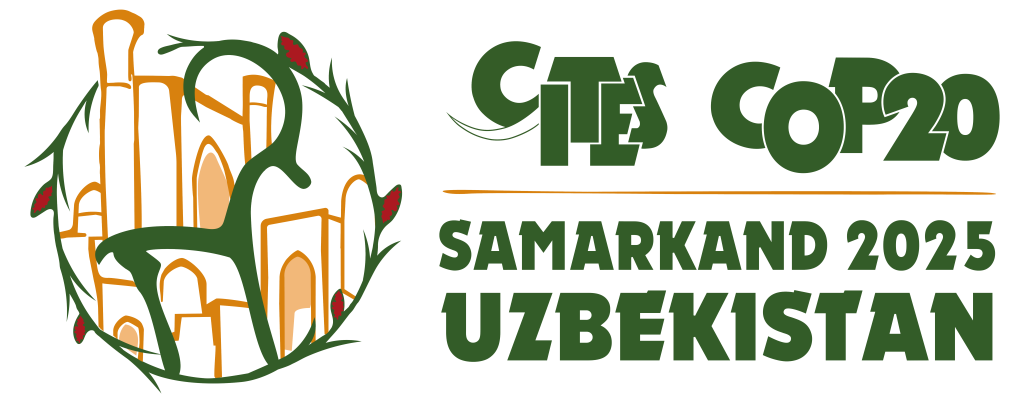A Pattern of Failure
IWMC World Conservation Trust wishes to offer its most sincere thanks to the Government and People of the Republic of Panama for hosting the 64th Annual Meeting of the International Whaling Commission, thus reaffirming the country’s strong commitment to the conservation and sustainable use of marine resources.
International agreements on whaling have a history of falling apart. The original Convention for the Regulation of Whaling was signed in Geneva in 1931. It was followed by the Agreement for the Regulation of Whaling, signed in London in 1937. Then came a Protocol amending that Agreement in 1938. The International Convention for the Regulation of Whaling (ICRW) followed in 1946 and set up the International Whaling Commission, which operated with a degree of functionality until 1982, when the moratorium on commercial whaling effectively ended its capability to regulate.
Robbed of purpose, the IWC has limped on for the past thirty years, agreeing only to disagree. In Panama, it will again fumble its lone function of regulating so-called subsistence whaling, an endeavor that is self-evidently ill-suited to international regulation.
After all, coastal hunts are significantly limited in their capacity and are characterized by long traditions of careful cultivation. Coastal whalers successfully managed their hunts for thousands of years without international oversight. Absent the IWC, coastal whaling could continue safely until eternity.
This fact is not lost on the United States. If the Alaskan bowhead quota is not renewed in Panama, the U.S. Congress is poised to consider legislation that would circumvent the IWC altogether.
These preparations are also a measure of the low regard in which the IWC now is held even by its supposed backers. The five-yearly musings of international bureaucrats on small coastal quotas are superfluous to conservation. They are unwelcome. But they are all the IWC has left.
The agenda in Panama hopefully includes an item entitled, “The IWC in the Future.” But, in reality, as we all know, the IWC has no future and the item is unlikely even to be discussed. Worse, as the meeting was drawing near, nations were falling over each other trying NOT to be nominated for the positions of Chairman or Vice Chairman, leaving a rudderless IWC without a willing captain. Meanwhile, consideration of the pointless South Atlantic Sanctuary in Panama will lead to further disharmony.
So history is repeating itself. Predictably, the IWC is poised to go the way of predecessor agreements. Referring to the IWC’s refusal to carry out its purpose, we warned in 2002 that, “It may be too soon to write the IWC’s obituary, but the clock is ticking. Who knows how much time it has left?” Five years later we observed that, “the future of the organization hangs in the balance.” Now the obituary writers can prepare their texts. It is clear that nations are giving up on the IWC. Enthusiasm among delegates and observers is at an all-time low. Perhaps the most significant development in Panama will be an agreement to shift to bi-annual meetings. If nothing else, this has the potential to halve the ignominy attached to IWC meetings. And it may also be viewed as the first substantive step towards formally dismantling the institution.


